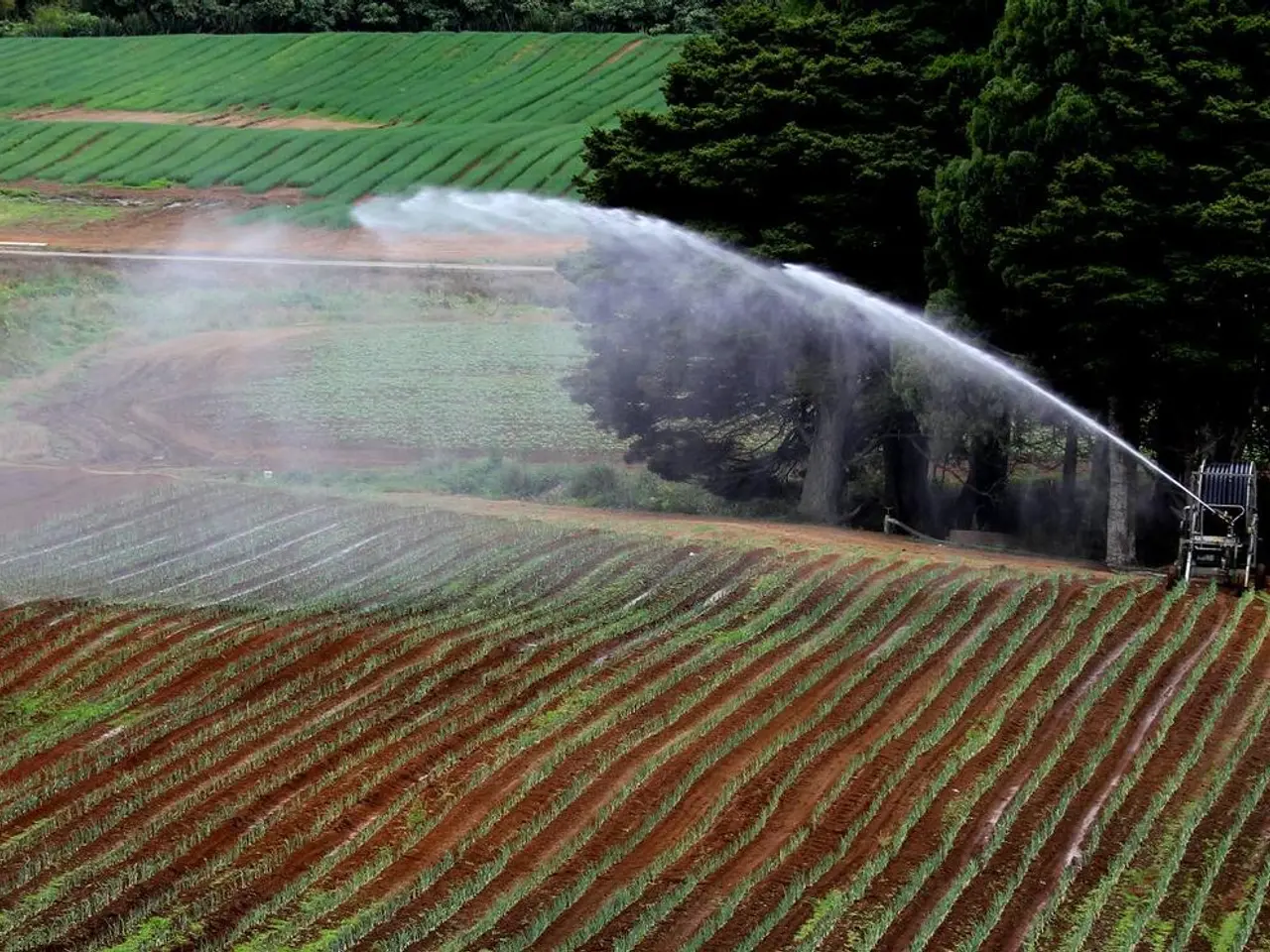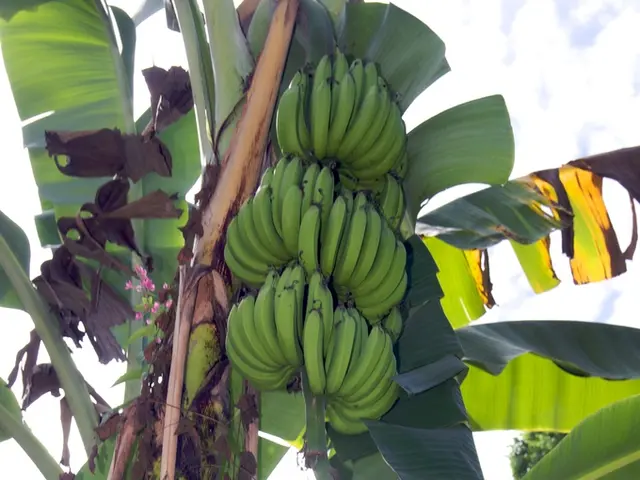AI Transforms Agriculture and Food Production, bringing about significant advancements
Artificial Intelligence (AI) is transforming the agricultural landscape, empowering farmers and stakeholders to navigate the challenges of a growing global population and dwindling natural resources.
The integration of AI in agriculture is proving invaluable, particularly in the areas of pest and disease control. AI-powered systems, equipped with image recognition and data analytics, can identify early signs of pest infestations or diseases, enabling farmers to take prompt action and promote the use of eco-friendly pest control methods.
Precision farming, another impact of AI, allows farmers to monitor crop health, soil conditions, and weather patterns with remarkable accuracy. This level of detail enables farmers to optimize their practices, ensuring resource efficiency and sustainability.
AI is also revolutionizing irrigation management. Predictive AI systems can determine the exact amount of water needed for each crop, reducing water usage and enhancing sustainability. AI-enabled IoT devices provide detailed information on soil moisture levels, pH, and nutrient content, further enabling farmers to optimize irrigation and fertilization practices.
The food supply chain is also benefiting from AI. AI-powered solutions enhance logistics, storage, and distribution, reducing food waste and ensuring optimal inventory management. Predictive analytics in the food supply chain helps forecast demand and ensures freshness and quality while minimizing spoilage during transportation.
Blockchain integration in the food supply chain further enhances transparency and trust, allowing consumers to trace the journey of their food from the field to their plates.
The future of agriculture is becoming smarter and more sustainable, thanks to AI. AI tools help reduce the carbon footprint of farming operations by optimizing resource usage, minimizing chemical application, and enhancing energy efficiency.
Autonomous farm machinery, integrated with AI, is streamlining labor-intensive agricultural tasks, such as planting, weeding, and harvesting. Predictive analytics allows farmers to anticipate outbreaks based on historical data, weather patterns, and other variables, enabling them to take proactive measures.
However, the adoption of AI in agriculture is not without its challenges. High implementation costs, limited digital literacy among farmers, and data privacy concerns are significant hurdles. Collaborative efforts from governments, tech companies, and agricultural stakeholders are essential to ensure equitable access to AI technologies.
Integrating AI with regenerative farming practices can contribute to global efforts to combat climate change. AI-powered platforms can analyze the environmental impact of agricultural activities, guiding farmers toward more sustainable approaches.
Among the companies leading the way in AI development and implementation in agriculture are CLAAS, Lely, and Heritable Agriculture. These organisations have made significant strides in recent years, contributing to the AI-driven transformation of agriculture.
In conclusion, AI is reshaping the way food is grown, harvested, and distributed, addressing challenges like food security, resource efficiency, and sustainability. The integration of AI in agriculture is a necessity for a smarter, more sustainable future capable of nourishing generations to come.








